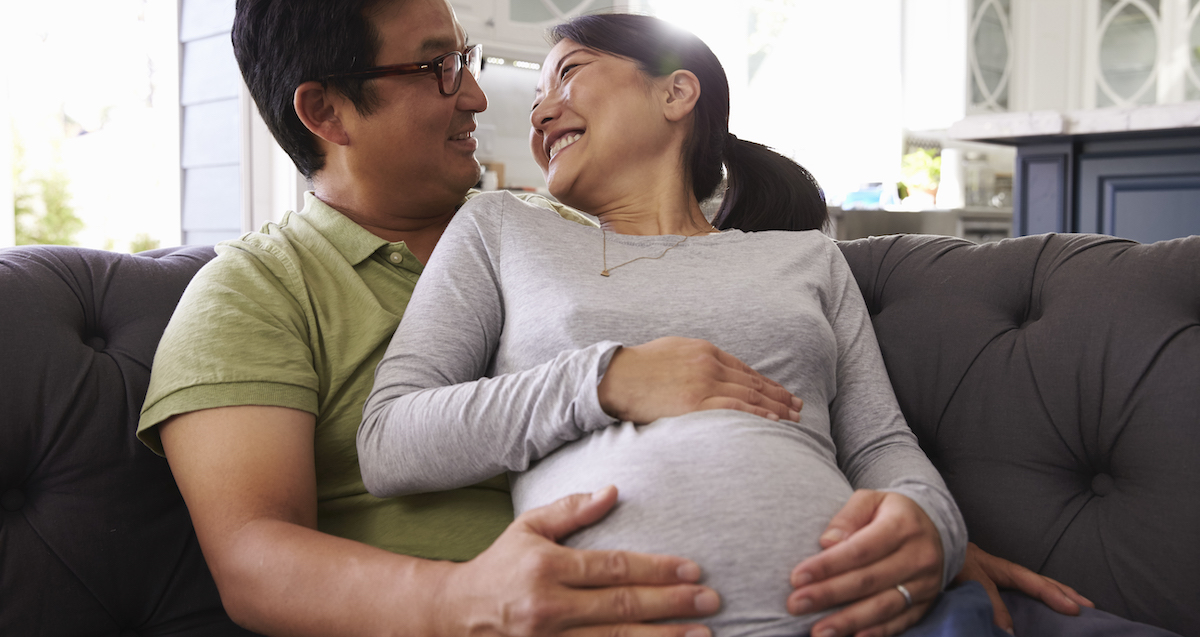
Artificial intelligence models are more accurate at estimating gestational age than other methods
A new study published in the journal JAMA Network Open suggests that artificial intelligence models based on ultrasonography images and videos may be more accurate at estimating gestational age than traditional manual fetal biometry measurements. The abstract of the study reads as follows:
‘Fetal ultrasonography is essential for confirmation of gestational age (GA), and accurate GA assessment is important for providing appropriate care throughout pregnancy and for identifying complications, including fetal growth disorders. Derivation of GA from manual fetal biometry measurements (ie, head, abdomen, and femur) is operator dependent and time-consuming.’
Researchers from Google Health in California developed and tested three AI models: one that analyzed standard plane ultrasonography images, one that analyzed fly-to ultrasonography videos, and a third, “ensemble” model that combined the first two. All three models were found to be statistically superior to standard fetal biometry-based gestational age estimates.
The ensemble model had the lowest mean absolute error, with a mean difference of -1.51 days compared to the clinical standard. The researchers believe that these AI models, which are based on data collected during routine fetal ultrasonography exams, have the potential to be incorporated into clinical practice. Just in case you’re interested, here are the results of the study in the authors’ own words:
‘Of the total cohort of 3842 participants, data were calculated for a test set of 404 participants with a mean (SD) age of 28.8 (5.6) years at enrollment. All models were statistically superior to standard fetal biometry–based GA estimates derived from images captured by expert sonographers. The ensemble model had the lowest mean absolute error compared with the clinical standard fetal biometry (mean [SD] difference, ?1.51?[3.96] days; 95% CI, ?1.90 to ?1.10 days). All 3 models outperformed standard biometry by a more substantial margin on fetuses that were predicted to be small for their GA. These findings suggest that AI models have the potential to empower trained operators to estimate GA with higher accuracy.’
The authors of the study asserted that ‘Since our models are built on data collected during routine fetal ultrasonography examinations, they have the potential of being incorporated seamlessly into the routine clinical workflow.’
If you’d like to read the full abstract, which was quite an interesting read, you can do so here.
This study is a little out of our usual AI-based field of investigation, however, the results do paint a picture of what we can expect from AI in the near future.
Thank you for being a Ghacks reader. The post Artificial intelligence models are more accurate at estimating gestational age than other methods appeared first on gHacks Technology News.
This content was originally published here.


